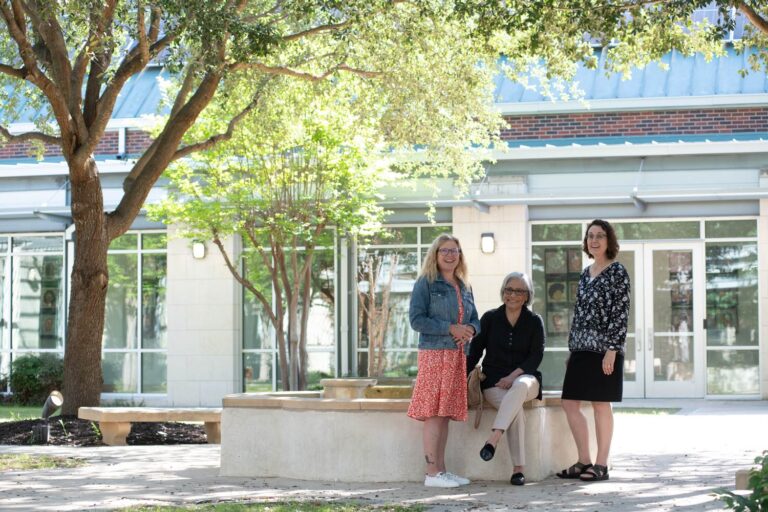WHAT YOU NEED TO KNOW ABOUT MENINGITIS
What is Meningococcal Meningitis? Meningococcal disease is a serious bacterial illness. It is a leading cause of bacterial
meningitis in children 2 through 18 years old in the United States. Meningitis is an infection of the fl uid surrounding the
brain and spinal cord. Meningococcal disease also causes blood infections. About 1,000-2,600 people get meningococcal
disease each year in the United States. Even when they are treated with antibiotics, 10-15 % of these people die. Of those
who survive, another 11-19% suffers the loss of their arms or legs, become deaf, have problems with their nervous system,
sustain cognitive defi cits, or suffer seizures or strokes.
Who is at Risk? Anyone can get meningococcal disease. Among the most common people getting meningococcal disease,
are those 16-21 years. College freshman living in dorms have an increased risk of getting meningococcal disease.
How is it Spread? Meningococcal meningitis is spread through the air via respiratory secretions or close contact with an
affected person. This can include coughing, sneezing, kissing or sharing items such as utensils, cigarettes and drinking
glasses.
WHAT YOU NEED TO KNOW ABOUT MENINGITIS
WHAT YOU NEED TO KNOW ABOUT THE MEMINGOCOCCAL MENINGITIS VACCINE
There are two kinds of meningococcal vaccine in the U.S.: Meningococcal conjugate vaccine (MCV4) and Meningococcal
polysaccharide vaccines (MPSV4).
Both vaccines can prevent 4 types of meningococcal disease, including 2 of the 3 types most common in the United States
and a type that causes epidemics in Africa. Meningococcal vaccines cannot prevent all types of the disease. But they do
protect many people who might become sick if they didn’t get the vaccine. Both vaccines work well, and protect about 90%
of people who get them.
Want more information? To fi nd out more Meningococcal disease, the vaccines, about people who should not get the
meningococcal vaccine or wait and the risks of the vaccine students should contact their doctor or nurse, call their local or
state health department or Contact the Center for Disease Control Prevention (www.cdc.gov/vaccines)
TEXAS IMMUNIZATION REQUIREMENT (SB 1107)
The Oblate School of Theology complies with Texas Education Code Subchapter Z, Chapter 51, Section 51.9192 and 19
TAC Part 1, Chapter 21, Subchapter T requiring all fi rst-time students attending an institution of higher education in the state
of Texas, including transfer students, to show evidence of vaccination against bacterial meningitis, allowing for medical
or religious exemptions, prior to enrollment. The institution of higher education must receive from an appropriate health
practitioner evidence of the student have received the initial bacterial meningitis vaccination or booster dose during the fi veyear
period prior to but no later than 10 days prior to the fi rst day of the fi rst semester of the institution in which the student
initially enrolls. Students are exempt if they are (a) 30 years of age and older on the fi rst day of the semester, or (b)
enrolled only in online or other distance education courses.
WHAT IS ACCEPTABLE EVIDENCE OF VACCINATION?
Listed below are the acceptable forms of evidence a student may use to submit to the institution. The documentation must be
in English, state the name and other information suffi cient to identify the individual who received the required vaccination,
state the month, date and year the required vaccine was administered.
A. A statement provided by physician or other health care provider authorized by law to administer the required
vaccine. The statement must be in English and must include the name, address, signature or stamp, state of
licensure and license number of the physician or other healthcare provider who administered the required
vaccination; or of the public health offi cial who administered the required vaccination.
B. An offi cial immunization record generated from the state or local health authority.
C. An offi cial record received directly from a Texas school offi cial, or a school offi cial in another state.
WHAT IS THE PROCESS TO REQUEST AN EXCEPTION/WAIVER?
A student (a parent or guardian of a student under the age of 18), is not required to submit evidence of receiving the
vaccination against bacterial meningitis under the following circumstances where the student submits to the institution one
(1) of the following:
A. An affi davit or certifi cate signed by a physician who is duly registered and licensed to practice medicine in the
U.S., in which it is stated that, in the physician’s opinion, the vaccination required would be injurious to the
health and well-being of the student.
B. An Exemption Form Immunizations for Reasons of Conscience form signed by the student stating that the
student declines the vaccination for bacterial meningitis for reasons of conscience, including religious beliefs.
The affi davit must be obtained from the Texas Department of State Health Services,
https://webds.dshs.state.tx.us/immco/affi davit.shtm



